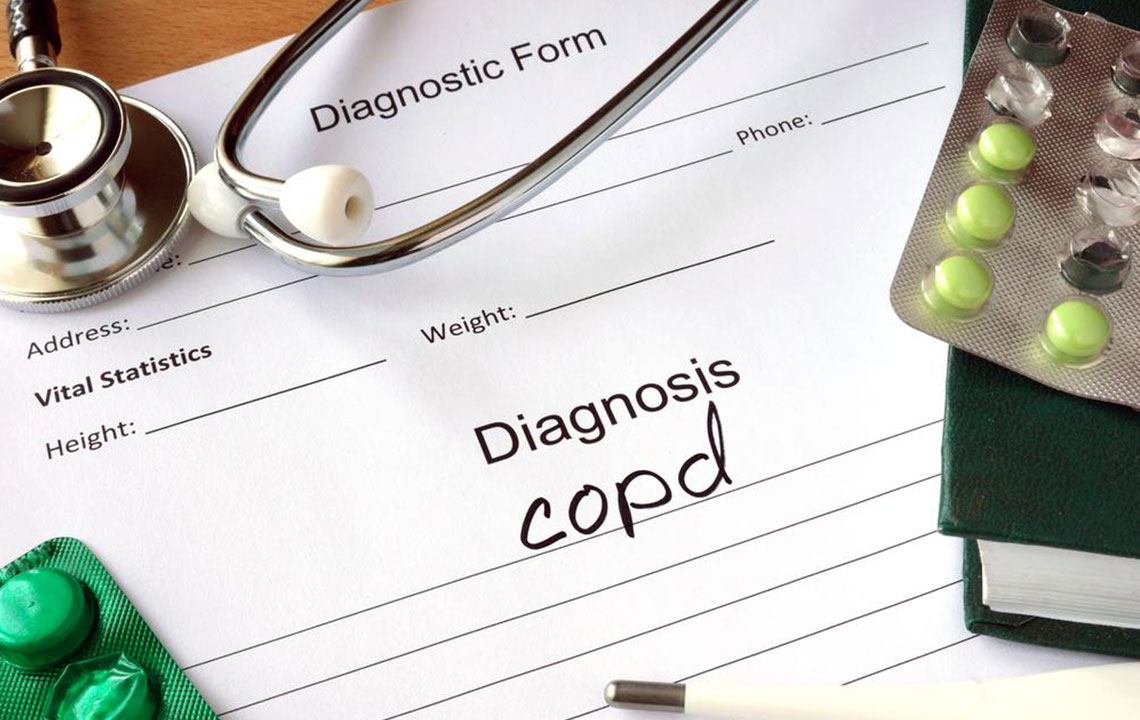Recognizing the Key Signs of COPD: 6 Symptoms to Watch For
Discover the early signs of COPD, including persistent cough, breathlessness, and fatigue. Recognizing these symptoms early can lead to better management and treatment of this progressive lung disease. Learn about potential complications and preventive measures to protect your lung health. Prompt medical attention is essential for improved outcomes and quality of life.

Recognizing the Key Signs of COPD: 6 Symptoms to Watch For
Chronic obstructive pulmonary disease (COPD) is a progressive lung condition often involving emphysema and chronic bronchitis. Emphysema destroys alveoli—the tiny air sacs responsible for oxygen exchange—while chronic bronchitis causes inflammation and narrowing of the bronchial tubes. Early COPD symptoms are mild and often mistaken for common colds or flu, making early detection challenging. If untreated, symptoms worsen over time. Recognizing early warning signs is crucial for timely intervention and management of the disease.
Breathing difficulties are among the most prominent symptoms of COPD. Below are key signs to watch for that could indicate you may be experiencing COPD.
Initial Symptoms
Early COPD signs are typically subtle. Consider these common indicators:
Persistent cough
A daily cough with excess mucus production, especially if lasting months, could be a sign of COPD rather than a common cold.
While coughing can be caused by the flu, a long-lasting cough warrants medical attention.
Difficulty breathing
Shortness of breath during physical activities like climbing stairs or exercising may signal COPD.
Throat clearing
Frequently clearing your throat, especially in the morning, may be due to mucus buildup in the lungs.
Advanced Stage Symptoms
As the disease progresses, more severe symptoms emerge. Watch for these signs:
Fatigue
Persistent tiredness and lack of energy even after restful sleep are common in advanced COPD.
Unintentional weight loss
Significant weight reduction may occur in later stages and should prompt medical evaluation.
Swelling in lower limbs
Edema in feet, ankles, or legs can develop due to complications like pulmonary hypertension, linked with COPD.
Potential Complications
COPD can lead to several health issues, including:
Respiratory infections
COPD increases susceptibility to colds, flu, and pneumonia, which can worsen breathing difficulties.
Cardiovascular problems
The risk of heart diseases, such as heart attacks, is higher among COPD patients.
Lung cancer
COPD significantly raises the risk of developing lung cancer if left unmanaged.
Mood disorders
Breathing challenges and fatigue may lead to depression in many patients.
Preventive measures like quitting smoking and reducing exposure to pollutants are vital. Early diagnosis and treatment improve prognosis. If you notice any symptoms, seek medical advice promptly for better management and outcomes.










